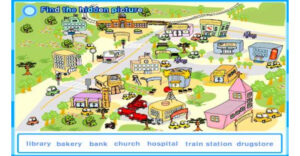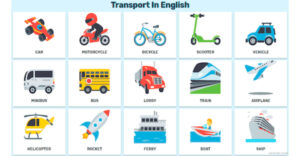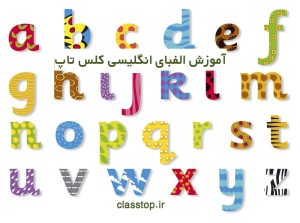Challenges at work
قبل از گوش کردن به فایل صوتی، تمرین زیر را انجام دهید و لغات آن را یاد بگیرید:
حالا به فایل صوتی زیر گوش دهید و تمرینات زیر را انجام دهید:
Transcript
A
I’ll never forget the first time I met our new contact from Retrolink, one of our top five customers. I had travelled to their office to meet him in person, talk about the history of our companies together and define a shared vision for future co- operation. I wanted to focus on building a good relationship with him which would be a good foundation for working together.
So, when we met I wanted to make a good impression and also show him respect. I greeted him with a handshake and addressed him by his surname. When I put my hand out I realised he had been moving in to give me a hug, so we did an awkward mixture of the two! Also, when I greeted him by his surname, he responded politely, though he used my first name. It was all a little uncomfortable.
In this situation, I guess I made assumptions about the level of formality he expected. Even though he had never met me before, he knew our two companies had been doing business with each other for years and he wanted to build on that history by being less formal with me from the beginning. The real learning here for me was that I shouldn’t assume we all have the same ideas about meeting people for the first time.
B
I’d never worked with a virtual team on an international project before. It was quite exciting, though also challenging to work with people from different countries, many of whom I would never actually get to meet in person. There were a lot of things that were different about working in the same office and it was quite challenging at the beginning.
For example, there were different time zones, different IT systems and even different local regulations, which impacted on what each person was allowed to, or able to, do for the project.
There were also interpersonal differences, such as different ways of working, approaches to deadlines and when to reply to emails. And we shouldn’t forget the fact that English was the project language and that most people on the team had to work in a language which wasn’t their first. A positive of this was that it meant that everyone, including the native English speakers, had to make the effort to communicate clearly and clarify their own and everyone else’s understanding.
To help us all get on the same page, we defined the communication norms and the rules the team would follow, as well as the meeting dates and deadlines. We laid this all out in a document called a team or project charter. This was really useful and in the end the project was a great success. I’m looking forward to working on my next international project.
C
I went through a bit of a rough patch last year at work. I was already committed to too much and then we lost a team member through restructuring and I quickly became overloaded. This led to me doing too much overtime and feeling very stressed. My boss was really helpful and
she pushed back against the unrealistic targets that had been set for our department. She also introduced me to the smart approach to goal setting. It’s an acronym, S-M-A -R-T. You use it to create goals that are Specific, Measurable, Achievable, Relevant and Timely.
I used this approach to deal with all of the things that were overloading me. It helped me to prioritise some tasks, to do some later and to drop some completely.
I often use this approach now and feel much more in control of my time and workload.
D
Have you ever missed a flight or had one cancelled? I did. It happened to me last week. My flight home from a business trip was the last one of the day and we were told it was going to be delayed. That’s always a risk at the end of each day. The ground crew kept extending the delay until eventually they cancelled the flight completely. They then told us to go back through the airport to the departures area to talk to their agent who would organise hotels for everyone and rebook us on the following day’s flight.
As soon as they made the announcement about the cancellation, I knew I had to think quickly as it would not be likely that the flight would have capacity to take everyone from my cancelled flight. I hurried back through the airport and was one of the first to make it to the desk. That turned out to be a good idea, as there were only nine seats available on the flight the next morning. Everyone else had to fly to a different airport and then continue back to our destination airport in coaches. Lucky me! Right?
Do you ever face challenges at work? How do you overcome them?
 کلس تاپ | آموزش و آزمون
کلس تاپ | آموزش و آزمون



















